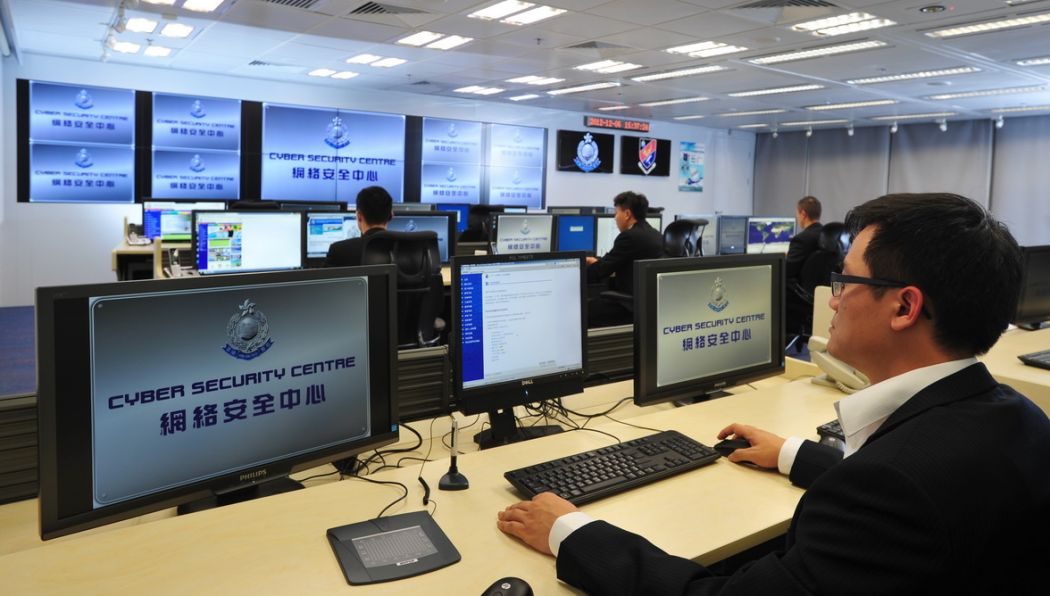The legislature’s Establishment Subcommittee has voted in favour of a government proposal to create a permanent post in the police’s cybercrime bureau.
The additional post involves a new chief superintendent serving in the Cyber Security and Technology Crime Bureau. The proposed monthly salary ranges from around HK$140,000 to HK$153,000.

On Tuesday, the subcommittee approved the proposal in a 15:7 vote. It will recommend the proposal to the Finance Committee, which has the final say on the matter.
The new senior officer will be tasked with overseeing the bureau’s operation and execution of strategies in tacking the “growing challenges” in cyber security, the Security Bureau said in a document submitted to the legislature.
The bureau cited a “significant” increase in reports of technology crimes over the last 15 years, from 272 cases in 2002 to 4,537 cases last year. It estimated that cybercrime led to around HK$1.87 billion worth of financial losses last year, compared to HK$60 million in 2010.
The Security Bureau made the same proposal in 2014, but it was voted down at the legislature in 2015.
Accessing computers with dishonest intent
Earlier this month, the Establishment Subcommittee saw a heated debate over the proposal, as lawmakers expressed concern at potential abuses of a cybercrime law under Section 161 of the Crimes Ordinance.

The law criminalises those accessing computers with a “dishonest intent.” Pro-democracy lawmakers were worried that the law may be abused to make political prosecutions and suppress freedom of speech.
Despite lawmakers’ requests, the Security Bureau and police refused to categorise prosecutions and convictions made under the law by the type of crimes. It cited a lack of resources as justification.
Chung Siu-yeung, assistant commissioner of police, also suggested the lawmakers check news reports and court cases for information.
In response, Civic Party lawmaker Kwok Ka-ki slammed Chung for his “irresponsible” attitude and disregard for the legislature’s duty to monitor the work of the government.
IT sector lawmaker Charles Mok described the cybercrime law as “the real Internet Article 23,” referring to the controversial security law encoded in the Basic Law.

“There have only been about a hundred prosecutions, and yet you refuse to categorise them, citing a lack of resources,” Mok said. “We just want to know how many of the cases involved [online] speech.”
Undersecretary for Security John Lee Ka-chiu promised to study the feasibility of categorising cases related to the law in the requested manner.
Lee said Tuesday that it was illogical for the lawmakers to bring up the cybercrime law in the discussion of whether to create a new cyber police post in the force.
According to the figures provided by authorities to the Establishment Subcommittee, a total of 180 prosecutions were made under Section 161 of the Crimes Ordinance between 2012 and 2014, leading to 162 convictions. However, the figures were not categorised by the type of crimes.
